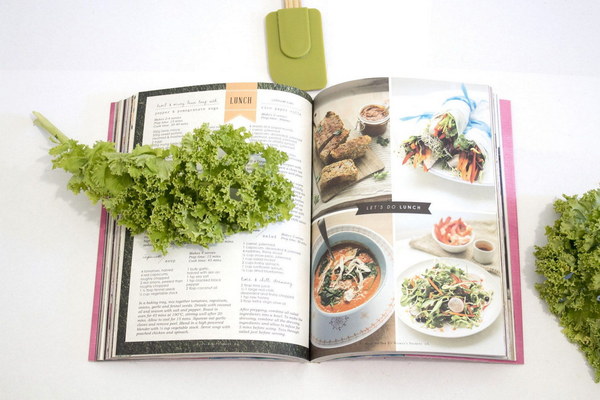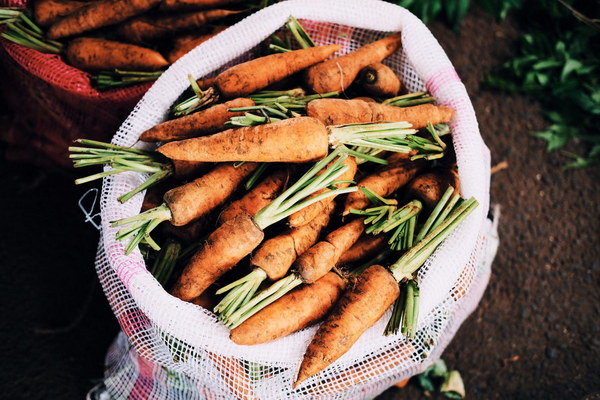Revolutionizing Respiratory Health The Power of Traditional Herbs for Lung Heat Relief
Introduction:
Lung heat, a common condition in traditional Chinese medicine, is characterized by symptoms such as cough, fever, sore throat, and difficulty breathing. To combat this condition, traditional herbs have been used for centuries. This article explores the benefits of these herbal remedies and highlights some of the most effective herbs for lung heat relief.
1. Herbs for Lung Heat Relief:
a. Honeysuckle (Lonicera japonica)
Honeysuckle is a well-known herb used to clear heat and toxic substances from the body. It is particularly effective for lung heat, as it helps to alleviate cough, sore throat, and fever. Additionally, honeysuckle has antiviral properties, making it beneficial for respiratory infections.
b. Peony (Paeonia lactiflora)
Peony is another herb that is commonly used to treat lung heat. It possesses cooling properties and helps to relieve symptoms such as cough, sore throat, and fever. Peony also has anti-inflammatory effects, which can help reduce respiratory inflammation.
c. Platycodon grandiflorus (Hojoki)
Hojoki is a traditional Chinese herb that is often used in combination with other herbs to clear lung heat. It is known for its ability to expel phlegm and relieve cough. Hojoki is also effective for treating chest congestion and promoting respiratory health.
d. Scutellaria baicalensis (Chinese skullcap)
Scutellaria baicalensis is an herb that is rich in flavonoids and other active compounds with anti-inflammatory properties. It is commonly used to treat lung heat, as it helps to alleviate cough, sore throat, and fever. Scutellaria baicalensis may also strengthen the immune system, making it a valuable herb for preventing respiratory infections.
e. Fritillaria thunbergii (Bulb Fritillaria)
Bulb fritillaria is a cooling herb that is often used to treat lung heat. It helps to clear heat and phlegm, making it beneficial for cough, sore throat, and fever. Additionally, it has expectorant properties, which can help to expel phlegm and relieve chest congestion.
2. How to Use These Herbs:
These herbs can be used in various forms, including teas, powders, and capsules. Here's how you can incorporate them into your daily routine:
a. Tea: Brew a cup of tea using 2-3 grams of dried herb and steep it for 10-15 minutes. Drink the tea 2-3 times a day.
b. Powder: Take 1-2 grams of the powdered herb with warm water, 2-3 times a day.
c. Capsules: Follow the dosage instructions provided on the product label.
3. Precautions and Considerations:

While these herbs are generally safe for most people, it's essential to consult with a healthcare professional before starting any new treatment. Certain individuals may experience adverse reactions or interact with other medications. Additionally, it's important to note that these herbs should not replace conventional medical treatment for serious respiratory conditions.
Conclusion:
Traditional herbs have been used for centuries to treat lung heat and improve respiratory health. By incorporating these natural remedies into your daily routine, you can potentially alleviate symptoms and support your body's natural defense mechanisms against respiratory infections. Always consult with a healthcare professional before starting any new treatment, and remember that these herbs should complement, not replace, conventional medical care.









